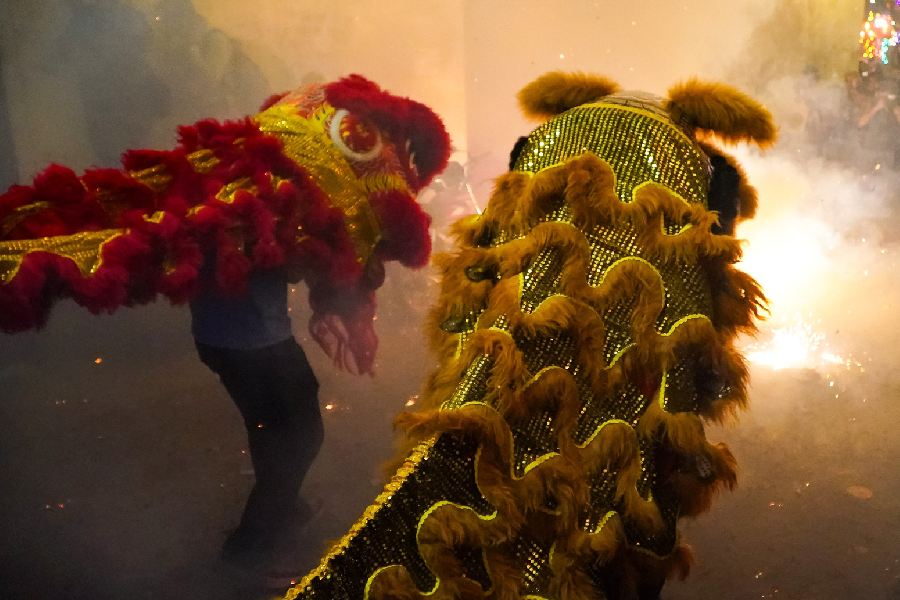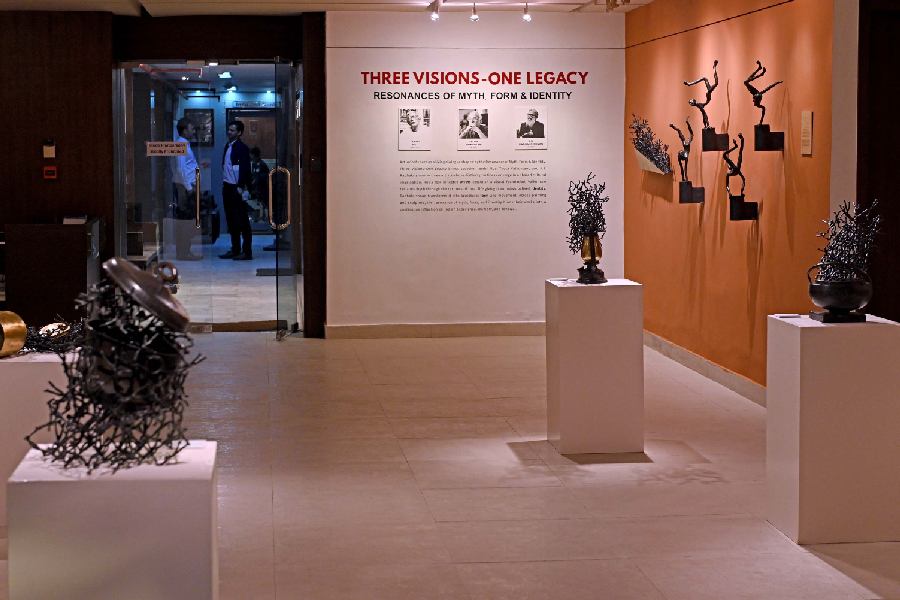 Tuesday, 17 February 2026
Tuesday, 17 February 2026
 Tuesday, 17 February 2026
Tuesday, 17 February 2026
Shanti Muni Oraon’s husband, Sukku Ekka, usually woke up half an hour after her. She would wake up, pray and then light the fire to cook for the family before she left for work. When Ekka woke up, he would often see her cooking outside. On the morning of 19 November, when he couldn’t find her, he asked his son where she was.
“She was just here. She left a little while ago”, her son, DeSouza Ekka, said.
Ekka found his wife hanging from a tree.
He said that the previous evening, she did not freshen up as usual after returning from work as a booth-level officer (BLO) assigned to the Mal Grameen booth (101) of Jalpaiguri’s Malbazar, around 620 km north of Kolkata.
“She was distressed about one of the voters who did not fill in their details correctly,” Ekka told The Telegraph Online. She had complained of "unbearable work pressure” previously, he said.
Shanti Muni Oraon was used to handling work pressure but the SIR process – the special intensive revision of electoral rolls underway across 12 states and Union Territories – was “getting too much for her,” her daughter, Sulekha, told The Telegraph Online.
Shanti Muni Oraon, 46, used to love kids and that is why she took up a job with the Integrated Child Development Services, the family said.
She had been working as a BLO since 2016.
Since the SIR started in Bengal she used to “return home late and exhausted,” her family said.
A few days before she died, she had submitted her resignation to the joint block development officer of Malbazar, but it was rejected.
The digital divide
Oraon’s booth is in the heart of north Bengal’s tea gardens. The voters are primarily Scheduled Tribes more fluent in Hindi than in Bengali.
A booth level agent (BLA) – associated with the political parties, who set up camps in these areas to help voters fill their forms – said that Oraon was the only person from the booth who had access to the EC app where the voters’ details are uploaded, so she was the only one who had to do the digitisation process.
Many voters visit the camps to seek help in filling the forms but many also choose to do it themselves. The forms are in Bengali or English and their hold over Bengali isn’t very strong and thus are prone to errors. This further complicated the process of entering the data on the app, the BLA said.
“We BLAs help all those who come to the camps for help to correctly fill their forms because we are all fluent in Bengali,” the BLA told The Telegraph Online.
Oraon’s family said that although she knew how to operate the app, she wasn’t very fast so the digitisation of each voter would take around 10 minutes whereas BLOs from other booths would be able to do it in less than five.
Several BLOs told The Telegraph Online that many BLOs are not “tech-savvy” and that a “lack of proper training” was not only increasing the time taken to complete their tasks but also causing them “undue stress”.
What makes matters worse, they said, is that the EC app is prone to crashing during peak hours as thousands of BLOs enter data simultaneously. One BLO claimed that once the app crashes it can be hours before they can start entering data again.
“I have lost days of uploading work because of these crashes,” said a BLO from New Town near Kolkata.
The app is not computer-friendly and can only be accessed through a cellphone, the BLOs said. “We have to enter and upload all the data from our phones in the middle of visiting houses to distribute and collect the enumeration forms,” said one.
The ‘unbearable workload’ of a BLO
Rinku Tarafdar, 51, a BLO from Krishnanagar’s Chapra booth 201 in Nadia, died on 22 November, because of the “unbearable workload”.
In a suicide note that was found, she had written in Bengali: “I have finished 95 per cent of the offline work but I can’t do the online work because I lack technical knowledge.
“If I can’t finish the BLO duty, I can’t bear the pressure,” she had written.
Her son told The Telegraph Online that she loved studying and kept herself engrossed in it. That is why she took up the school job of a para-teacher.
“Ever since the SIR started, she was constantly exhausted. She looked stressed, she would work till late,” he said.
Tarafdar’s husband, who had discovered her body in the morning, said their conversations had drastically reduced because of her workload.
There are other “theories” about the deaths of the BLOs – such as of domestic trouble, of people predicting compensation demands.
“Who will you believe? What the family is saying or what people outside are saying?” Trinamool spokesperson Arup Chakraborty told The Telegraph Online when asked if there was more to the BLO deaths than what has been claimed.
“BLOs are dying by suicide not just in Bengal but in Gujarat, Rajasthan and Kerala too,” he pointed out. “Why? Because of this inhuman pressure. A process that takes one-and -half years to complete is being forcefully done within the span of a month.”
What BLOs have to do
The BLOs The Telegraph Online spoke to were assigned between 1,000 and 1,800 voters each.
“Members of the same family might not share consecutive serial numbers, because of which we sometimes have to visit the same house more than once to give the forms,” said a BLO.
The BLOs said they are not given all the forms at one go and receive a certain number of forms from time to time.
They alleged that they are not given any transportation or any kind of logistical help from the authorities and have to manage all expenses. They are not sure when they will be reimbursed.
They have been promised Rs 12,000 if they work the full year. There is also talk of an incentive, many said.
Most BLOs The Telegraph Online spoke to said they leave home early morning and get over with work well into the night. They usually aim to upload 70-80 forms per day to meet their deadline. They try to upload as many forms as possible in between distributing forms, and the rest after they return home.
Many BLOs and BLAs claimed that the BLOs were under “tremendous pressure” from their higher ups to meet the deadline of 4 December. They alleged that the BLOs are constantly being pulled up for their performances, and being “pressured” to complete the task.
Election Commission response
Despite the raging controversy over the SIR process in Bengal and with chief minister Mamata Banerjee severely criticising it, the Election Commission reported on Tuesday that 99.16 per cent of voters have received their remuneration forms and 70.14 per cent have been digitised.
"We are receiving complaints that BLOs are under pressure and some are falling ill,” Bengal chief electoral officer Manoj Kumar Agarwal was quoted as saying on Monday evening by ANI.
“We have asked the district magistrates to assist them. There are also reports that some BLOs have died. We have asked the DMs of four districts to send the police and PM [postmortem] reports. We will receive their reports in a day or two; only after that will we be able to take action, and on that basis, we will be able to inform the Election Commission of India that the BLOs died on duty due to SIR."







